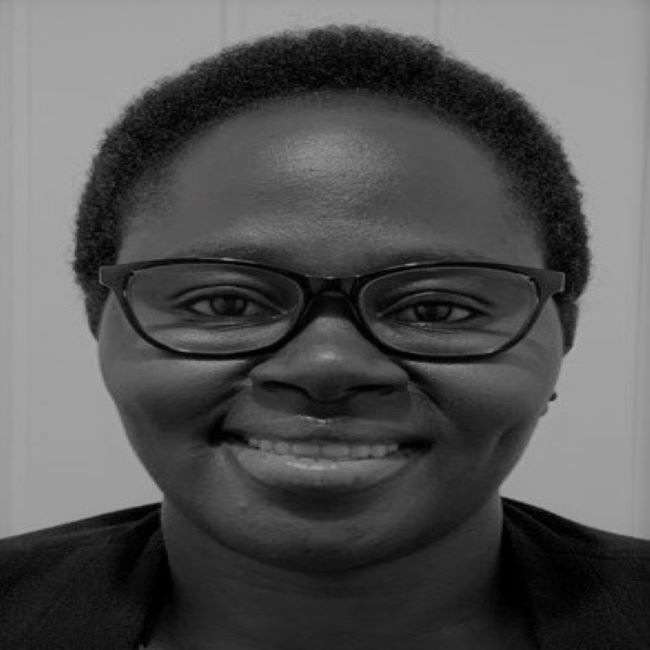Helen Natukunda
What motivated you to come to Bristol and do this programme?
Following losing my beloved mother to a rare form of urethral cancer in 2016, I decided that I wanted to spend the rest of my later professional life understanding the causes and consequences of cancer, therefore, doing a PhD in this area was the more logical next step for me to realise this ambition. The PhD in Molecular, Genetics and Lifecourse Epidemiology at the University of Bristol is a popular programme and highly respected in the field of cancer epidemiology both in academia and industry. Academic experts at the University of Bristol have been at the forefront of refining Mendelian Randomisation, one of the analytical methodologies that I will be using in my PhD research. The prestigious Wellcome Trust funding was another incentive, knowing that I would be fully supported with a generous stipend and research budget to learn from the best and brightest in cancer aetiology and epidemiology during my PhD and beyond.
What is the key research question of your PhD research project and what have you found out so far?
Is the observed association between markers of excess body fatness e.g., waist-to-hip ratio and BMI and obesity-related cancers causal? I will use genetically proxied markers of excess body fatness to test for causality using Mendelian Randomisation.
Where do you think your research could lead and what are your future career plans now?
The findings from my PhD research may help us gain a better understanding of the link between obesity and cancer and identifying potential drug targets for those already with these types of cancer and may inform prevention and policy strategies. Ultimately, I aim to start forming meaningful collaborations with academics in Africa where cancer incidence is rising, and the scarcity of local evidence and experts will only compound the problems faced by already overburdened healthcare systems in this setting.
